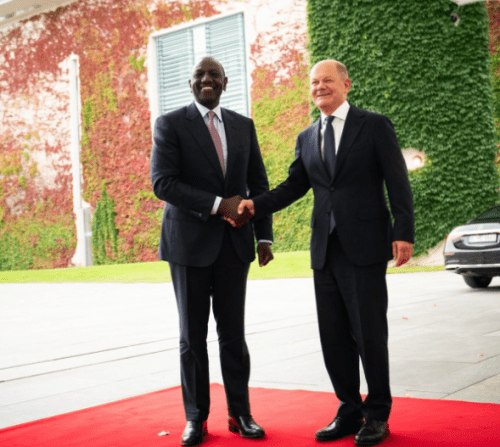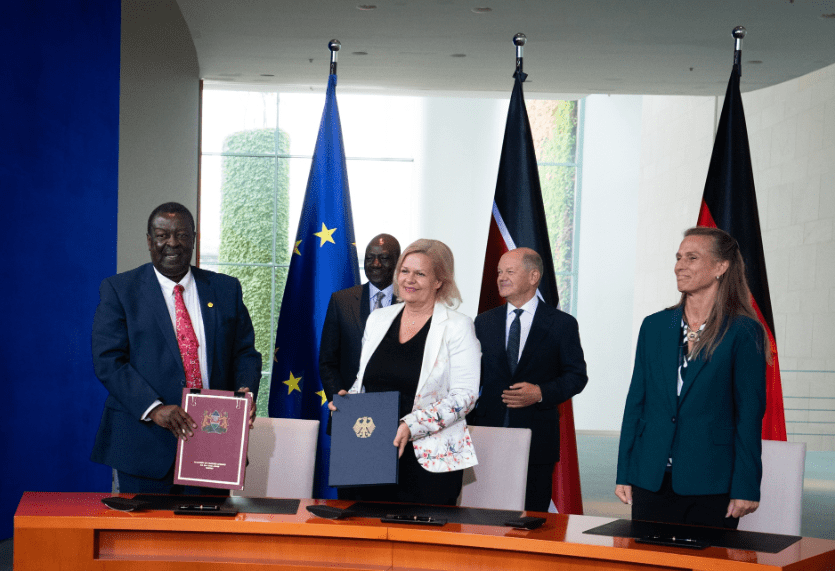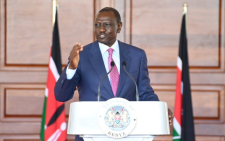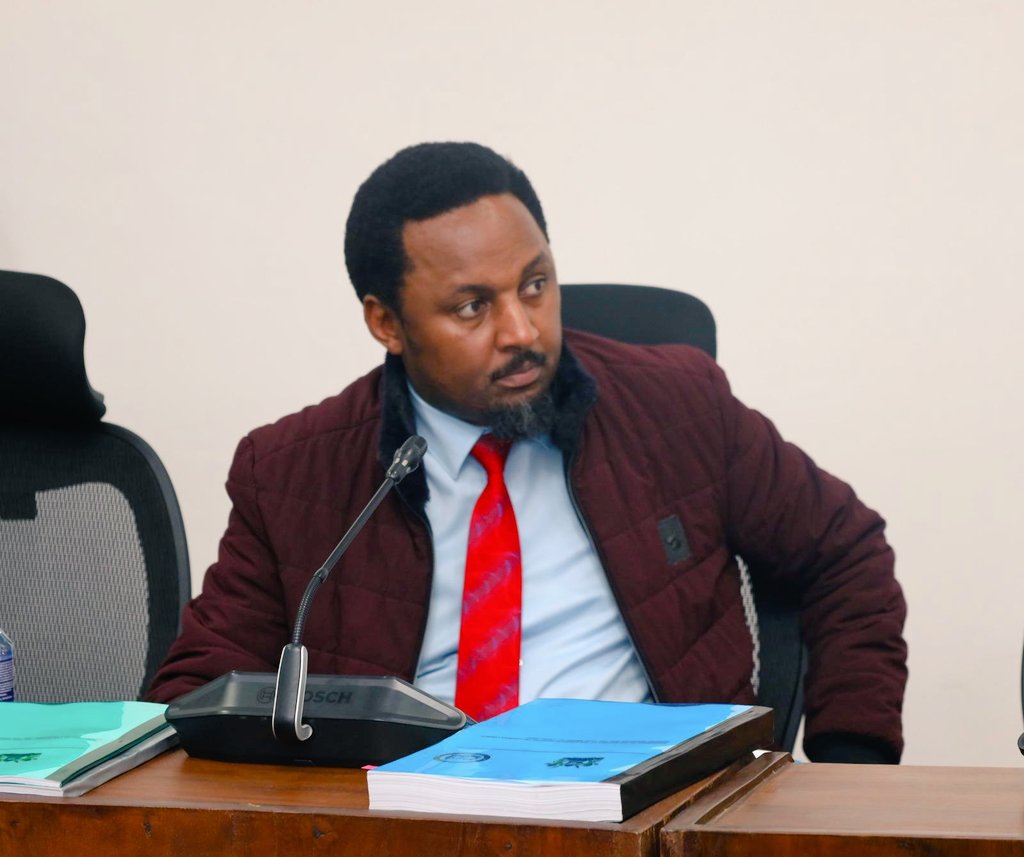President William Ruto on Friday, September 13, 2024, signed a bilateral labour mobility deal set to see over 250,000 Kenyans travel to Europe’s biggest economy, Germany.
While the deal is seen as a move to plug Germany’s shortage of skilled labour and address the high unemployment rates in Kenya, these are some of the details it contains.
Benefits
The labour mobility pact will facilitate the placement of Kenyan talent in opportunities in Germany and alleviate German labour shortages.
Also, it will promote the mobility of skilled workers, apprentices, and students for training, vocational education, and employment, including seasonal work.
The German Chancellery says the deal will support cooperation on fair and ethical recruitment and create a framework for combating the exploitation of labour, human trafficking, and irregular migration.
Students and apprentices benefits
Germany, by its applicable law, shall issue long-stay visas for residence to eligible Kenyans for study or vocational training.

However, on the expiry of the long-stay visa, Kenyans may receive a temporary residence permit for study purposes in Germany for up to two years. The temporary residence permit may be extended if the purpose of residence has not yet been achieved but is achievable within a reasonable period.
Additionally, a temporary residence permit for vocational training in Germany may be granted, provided the requirements in the applicable law are met. Both governments shall promote the possibility of seeking employment upon completing academic or vocational training.
Students or apprentices of Kenya who complete their academic or vocational training in Germany and wish to gather initial professional experience there may, within the framework of applicable law.
Skilled workers
The deal states that both governments will support and facilitate the immigration of skilled workers into Germany as long as their qualifications are recognised in the European country.
To achieve this, Germany will not require a job market test before employing skilled workers. Also, it will review whether a person meets the requirements to enter Germany to look for work or to live there while employed.
Additionally, Germany will consider extending temporary residence permits for skilled workers who have secured an approved job and make efforts to promote the legal immigration of IT specialists, even if they do not have formal qualifications.
While this deal will ensure thousands of Kenyans access the opportunities in Germany, it will also facilitate the deportation of several Kenyans who are not eligible to stay in the country.
Germany indicates that the deal will benefit them by addressing the labour challenges, promoting legal migration challenges, and enhancing skills cooperation between the two countries.
When will it start?
While five Kenyan drivers are currently in Germany for a pilot programme of the deal, it will take further consultations with the German government before the deal comes into force.
“The agreement will enter into force once both parties have notified each other through diplomatic channels that their respective national requirements for the agreement’s entry into force have been fulfilled,” a statement from the Principal Secretary of Foreign Affairs, Roseline Njogu, noted.
















